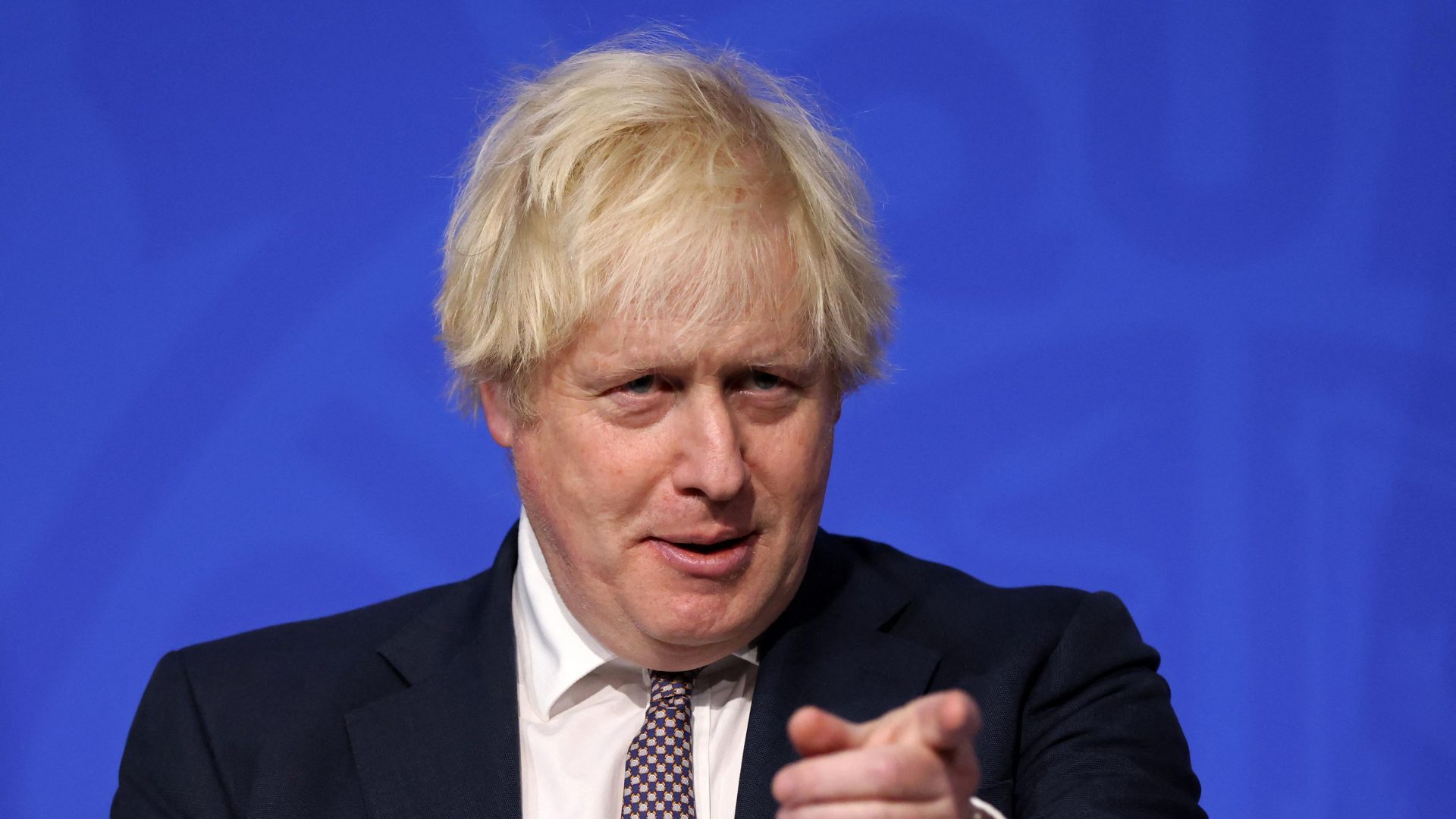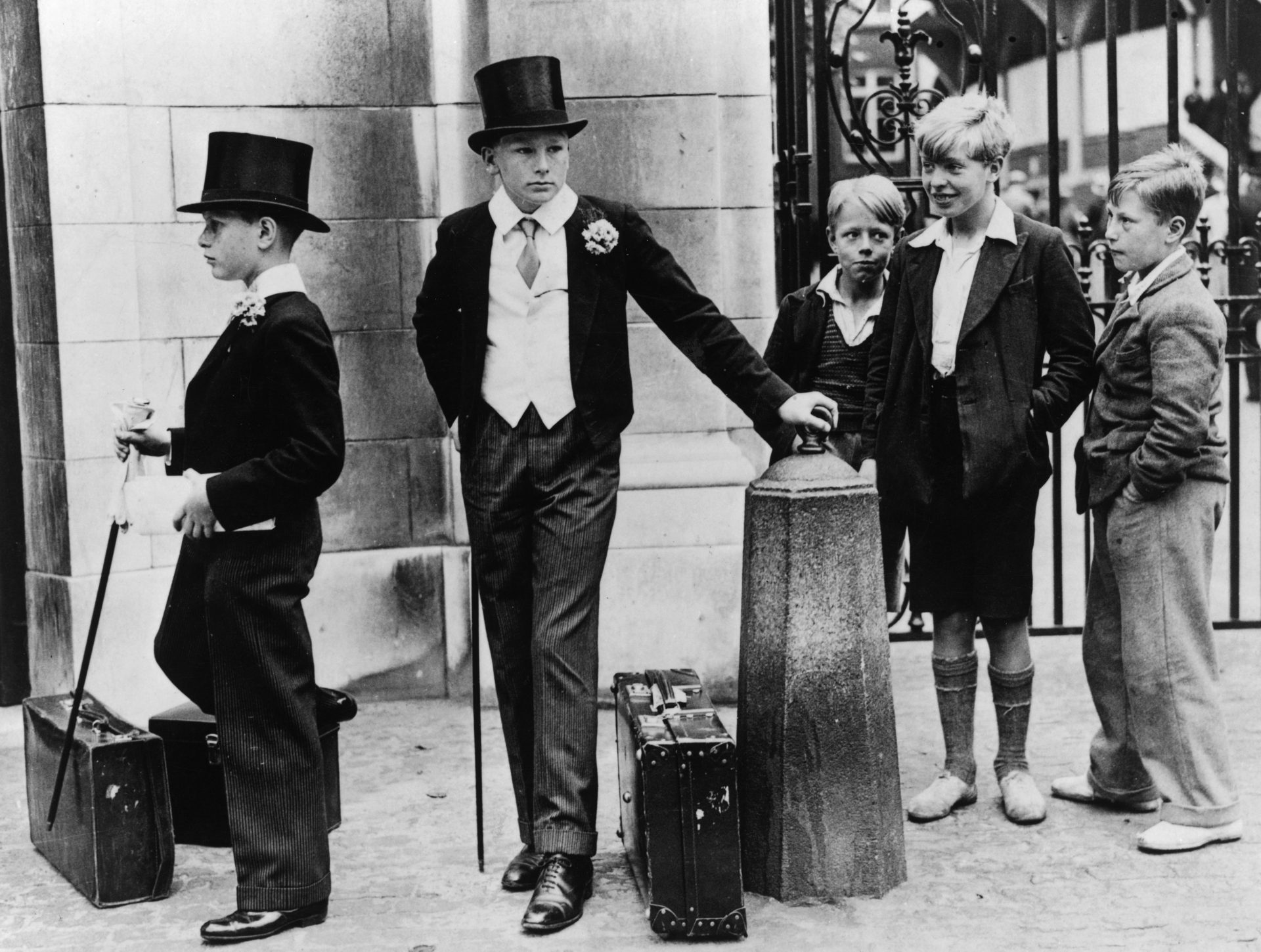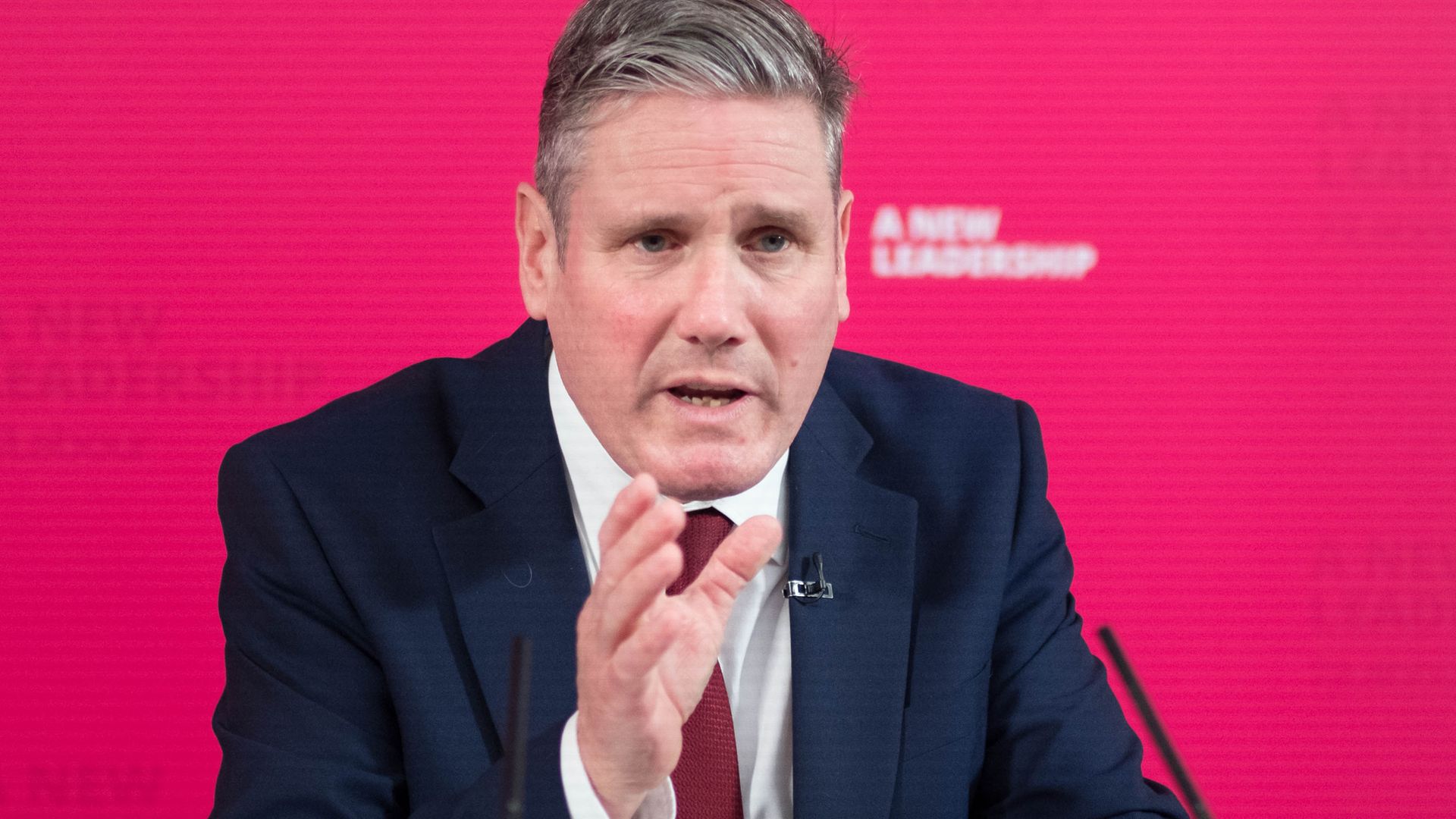The only way to remain a functioning liberal democracy is to be at least relatively free of corruption and grift.
From the relatively comfortable traditional vantage point of the UK, such back-scratching might seem a peripheral issue – the civil service works as it ever has, the judiciary is independent, and political parties keep their donor scandals within acceptable enough limits so that the issue has generally felt entirely separate from the general good functioning of the British state.
It is only when you look at countries in which grift is the norm that you see that when it is allowed to spread unchecked, it quickly replaces the democratic systems it is supposedly leeching off.
Take, for example, Nigeria, where Shell once obtained the rights to a lucrative oil field with a $1.3bn deal involving payments of hundreds of millions of dollars to a former minister. Former MI6 agents working for the company spoke to the minister’s wife, only to be told he needed the money urgently because most of the funding “goes in paying people off… he needs to get it over the line because he has promised a payday to others”.
Once the expectation of kickbacks become a normal part of politics, it supplants what is supposed to be the most important part of accountability: the duty of elected representatives to their voters. The rot starts when those representatives expect a payday, and spreads once those representatives start offering a payday to their favoured supporters.
Realistically, the UK is nowhere near the worst excesses of the world’s most corrupt regimes.
But there are plenty of reasons to feel uneasy.
As the Conservative government moved into week three of a lobbying, influence and second jobs scandal, that had dominated headlines even in traditionally friendly media, the party felt free to hold its Winter Ball and sell access to ministers: cricket with the chancellor, or karaoke with the foreign secretary – for tens of thousands of pounds at a time.
The government is still struggling with the issue of outside jobs, especially for former ministers who remain in the Commons. Owen Paterson may have brought the crisis to a head, but the government is obviously paralysed between taking action serious enough to satisfy the public and prevent future scandals, versus party management of its own backbenchers.
All of this is made worse against the backdrop that Boris Johnson managed to set out. Last November, as coronavirus was about to flare up yet again and create a new wave of restrictions that then ruined Christmas, the PM used valuable political capital to defy his ministerial code ethics advisor over accusations of Priti Patel bullying civil servants.
While this may not itself have been a grift case, its combination with Johnson defending the indefensible when his chief advisor Dominic Cummings broke lockdown restrictions gave the public a pretty good idea of how seriously Johnson (and those around him) takes issues of propriety.
But it is perhaps the actions of Johnson’s predecessors that raise the most cause for alarm for those worried about the UK descending into a patronage state.
The British elite has always been good at leaving things unspoken, at never needing a quid pro quo to be discussed explicitly.
David Cameron never needed to sign some secret deal with Lex Greensill when in office, or even have a conversation as PM about what he could do for Greensill once he left office.
He would probably be appalled at the very idea of such a conversation. But because those two men had an understanding, Cameron lobbied extensively at the highest levels for Greensill, even as the company collapsed – and even when several of its complex financial products made absolutely no sense for the public sector.
Elsewhere, Cameron’s chancellor George Osborne has had up to seven lucrative private sector jobs at any one time, including many in the financial sector. Even former senior ministers who do not openly consult or advise companies can make serious cash on the public speaking circuit – if their audience suspects they want to hear what will be said.
That quiet understanding of a reward after public life, of greater earnings beyond the prime minister’s supposedly modest salary of £161,401, has been a low-key cause of disquiet for some time.
But with Boris Johnson, that murmur should become a roar. Throughout his time in Number 10, Johnson has ripped up even the measly standards to which his predecessors held themselves. At a time of national crisis, he opened up public procurement to massive question marks after creating VIP lanes for the connected.
He appointed Tory donors, friends and family to key pandemic posts, with none of the usual accountability structures – Dido Harding ran test and trace without the government ever revealing whether she was acting as a minister, special advisor, or civil servant. Lord Frost switched from supposedly impartial civil service negotiator to a government minister.
Boris Johnson is famously broke. He had an expensive divorce, is missing his £250,000-a-year Telegraph contract (at a rate of £5 per word filed), is struggling to afford even redecorations to his flat, and has had to shelve his Shakespeare book, leaving him in serious debt to his publisher.
Anyone seeking to join GCHQ, MI5, or MI6 must pass an extensive vetting process, and a surefire way to fail is to be financially precarious and in need of funding. The UK has a prime minister in need of cash, who’s already ripped up the rules, and whose predecessors have showed the possibilities of cashing in.
How on earth could he possibly convince the public that he’s acting in our interest – and not just his own?




